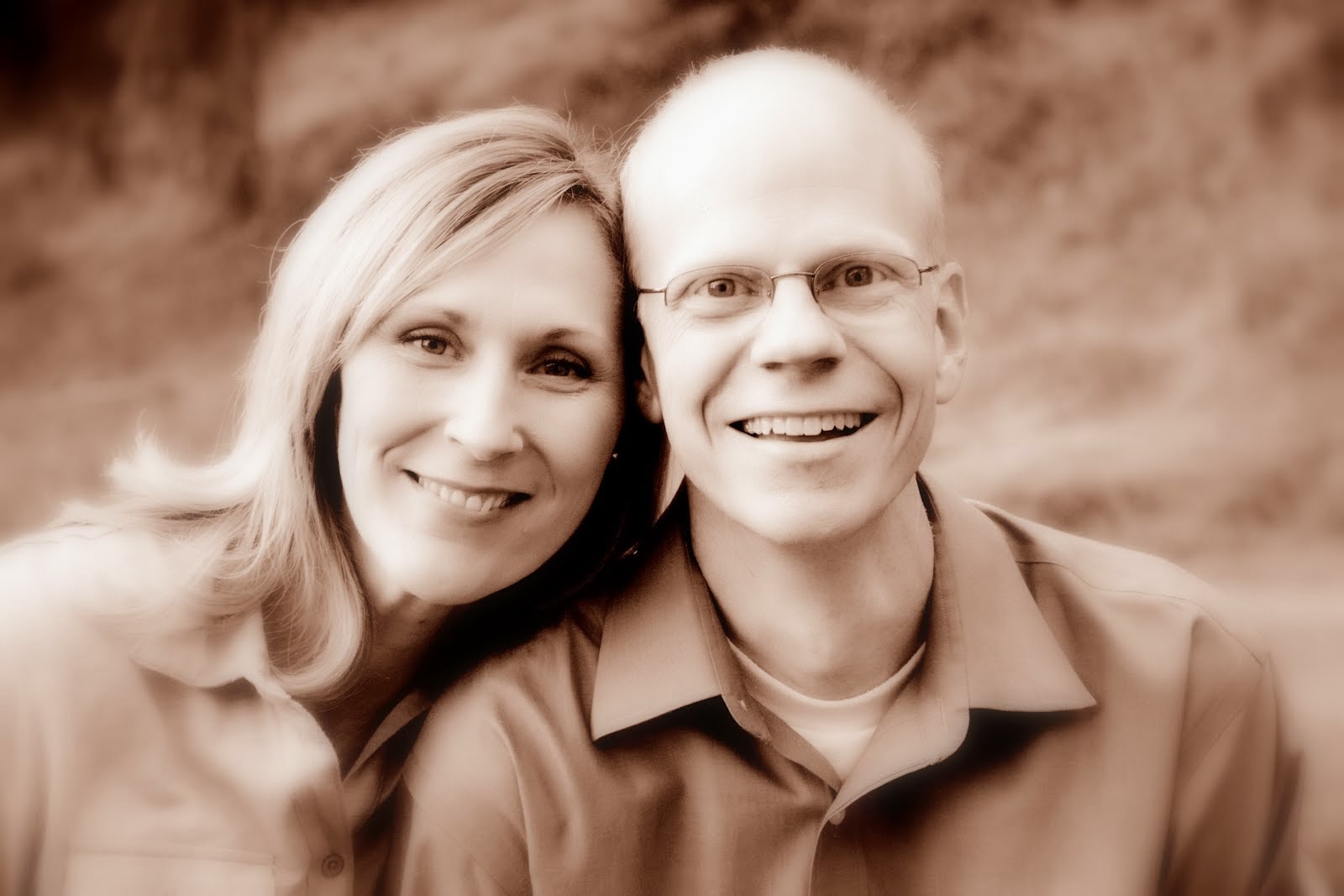Today, we had a little argument. Jonathan had a laser toy and wouldn't share it with Simon. So Simon spit at Jonathan and called him "gemein" (mean). This accusation caused Jonathan to burst into tears: "Ich bin nicht gemein". Funny how the house can go from peaceful to a wailing frenzy in a matter of seconds. So, what's my favorite way of handling these situations? Well, I'm not a spanker and I'm not good at enforcing time out. So, over the years, I've adapted an idea I came across, and I call it the "Buße Bank" or, in other words, the repentance bench (it sounds so much better in German). Here's how it works: As soon as I hear screaming, crying, tattling, or any type of fighting, I immediately send (sometimes drag) all involved parties to the repentance bench. In our house the "bench" is the raised fireplace hearth.
They cannot move their little bums from the hearth until the conflict has been resolved in the following manner: Each of them has to tell me how the other is feeling (and the other person has to concur with their diagnosis). And then they have to figure out what they might have done that caused the other person to feel hurt or angry (of course we know that no one can "make" another person angry...but I'm mostly asking them to look back on their past actions in order to identify something they said or did that was unkind, selfish or thoughtless.) No one is allowed to accuse or talk about what the other person did or didn't do to them. If they start with "But he..." then I just shush them and ask again "You need to explain to me why you think Simon feels angry." All of this is done in German, of course. Simon then has to explain what he might have done that hurt Jonathan's feelings. Sometimes it takes a while to figure out exactly what caused the contention. Once they both figure out why the other person feels hurt, they then have to apologize for whatever they did that was unkind or thoughtless. Sometimes they didn't mean to hurt the other's feelings, but they still need to figure out what they did and why it was misconstrued to be hurtful. Even if they didn't purposely hurt the other person, they still can apologize, by saying something like "I'm sorry that you got angry when I said that the purple cat you drew was not a real cat color. I didn't know that would make you feel dumb. Because you're not dumb, you're smart and your purple cat is cool." Almost always, by the time they get to the apologizing stage, they start giggling and end up hugging each other so much that they fall off the bench in a heap of laughter. It's been a great way for the kids to learn how to talk about feelings and to understand that other people have real feelings, too.
 So here are the Buße Bank rules summed up:
So here are the Buße Bank rules summed up:1. All parties sit on bench
2. Each child has to identify the other person's feelings
3. They each have to explain how their own actions were hurtful, unkind or thoughtless
4. They have to (sincerely) apologize for their selfishness, thoughtlessness or hurtfulness.
5. They can't leave the bench until their sibling is happy. They also have to hug each other and express their love for each other. When all parties are happy, THEN and only then, can they leave the bench.
By the way that weird character "ß" is a double "s" in German. So, it's pronounced Boosseh Bahnk. :)


No comments:
Post a Comment
I'd love to hear from you! Do you speak a foreign language? Do you have questions or comments? I'd love to hear them. Thanks!